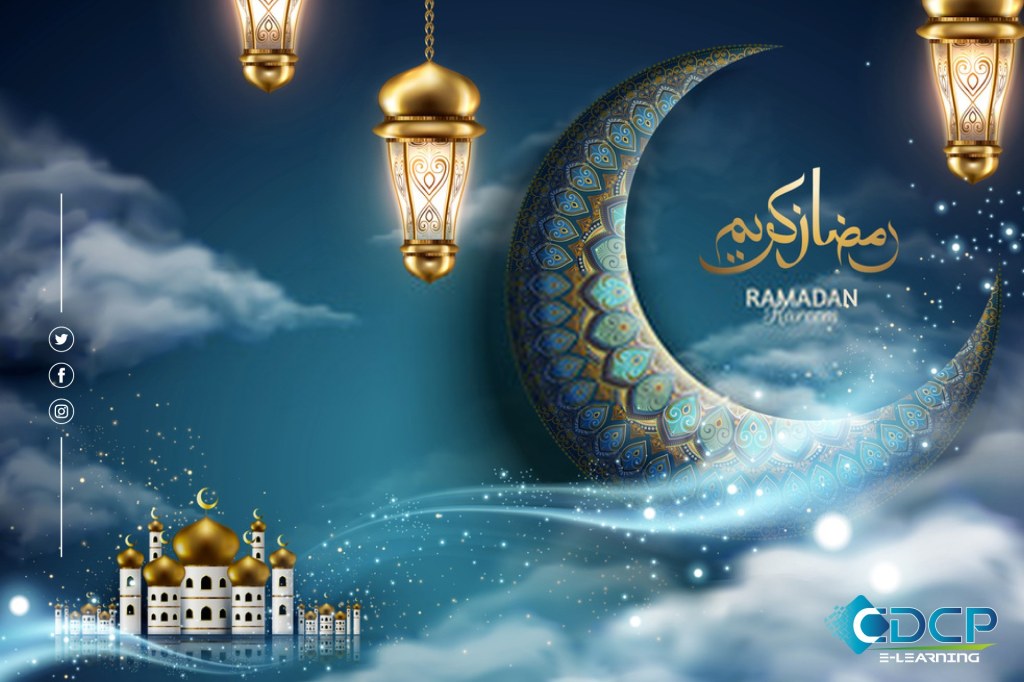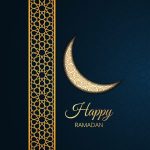Wishing You A Blessed Ramadan Mabrouk: Click Now To Find Out How To Make The Most Of It!
Ramadan Mabrouk: Celebrating the Holy Month of Fasting and Devotion
Introduction
Assalamualaikum, Ramadan enthusiast!
3 Picture Gallery: Wishing You A Blessed Ramadan Mabrouk: Click Now To Find Out How To Make The Most Of It!



As the holy month of Ramadan approaches, Muslims around the world are preparing to embark on a spiritual journey of fasting, prayer, and reflection. Ramadan is a time of heightened devotion and self-discipline, as believers seek to strengthen their relationship with Allah and purify their hearts and souls. In this article, we will explore the significance of Ramadan Mabrouk, its traditions, and the benefits it brings to the lives of Muslims.

Image Source: alamy.com
Ramadan Mabrouk Information
Meaning
Ramadan Mabrouk translates to Blessed Ramadan in English.
Duration
It lasts for a lunar month, approximately 29 or 30 days.
Observance
Muslims worldwide participate in fasting from dawn to sunset.

Image Source: cdcp-tn.com
Significance
Ramadan Mabrouk is a time of spiritual reflection, increased devotion, and acts of charity.
What is Ramadan Mabrouk?
Ramadan Mabrouk is a common greeting used during the holy month of Ramadan. It is a way to wish others a blessed and successful Ramadan. Muslims greet each other with Ramadan Mabrouk to express their joy and excitement for the month ahead.
Who Celebrates Ramadan Mabrouk?

Image Source: shutterstock.com
Ramadan Mabrouk is celebrated by Muslims worldwide. It is an important pillar of Islam, and all adult Muslims who are physically and mentally capable are obligated to observe the fast. Children, pregnant women, the elderly, and those with health conditions are exempt from fasting.
When Does Ramadan Mabrouk Occur?
Ramadan Mabrouk occurs during the ninth month of the Islamic lunar calendar. The exact start date of Ramadan varies each year as it depends on the sighting of the crescent moon. Muslims eagerly await the sighting of the new moon, which marks the beginning of Ramadan.
Where is Ramadan Mabrouk Celebrated?
Ramadan Mabrouk is celebrated by Muslims all over the world, regardless of their geographical location. Mosques become central gathering places for prayers and community iftars (fast-breaking meals). The spirit of Ramadan unites Muslims from diverse cultures and backgrounds.
Why is Ramadan Mabrouk Celebrated?
Ramadan Mabrouk is celebrated to commemorate the first revelation of the Quran to the Prophet Muhammad. The holy month is a time of self-reflection, increased worship, and seeking forgiveness. Muslims believe that fasting during Ramadan purifies the soul, strengthens their relationship with Allah, and brings them closer to their fellow believers.
How is Ramadan Mabrouk Celebrated?
During Ramadan Mabrouk, Muslims abstain from food, drink, and other physical needs from dawn until sunset. They engage in additional prayers, recite the Quran, and perform acts of charity and kindness. The month is also a time for family gatherings, shared meals, and giving back to the community through acts of philanthropy.
Advantages and Disadvantages of Ramadan Mabrouk
Advantages:
1. Spiritual purification: Fasting during Ramadan Mabrouk allows Muslims to cleanse their hearts and minds, increasing their spiritual connection with Allah.
2. Self-discipline: The daily fasts teach self-control and discipline, helping individuals develop willpower and perseverance.
3. Increased empathy: The experience of hunger and thirst during the fast encourages empathy and generosity towards those less fortunate.
4. Strengthened community ties: Ramadan Mabrouk brings Muslims together, fostering a sense of unity and solidarity within the community.
5. Health benefits: Fasting has been proven to have various health benefits, including improved digestion and detoxification of the body.
Disadvantages:
1. Physical challenges: Fasting for long hours can be physically demanding, especially during the summer months or for individuals with medical conditions.
2. Changes in routine: The altered eating and sleeping patterns during Ramadan can disrupt daily routines and productivity.
3. Limited social activities: Muslims may need to decline social invitations or adjust their schedules to accommodate fasting requirements.
4. Fatigue and dehydration: Lack of food and water can lead to fatigue, decreased energy levels, and dehydration during the fasting hours.
5. Weight fluctuations: Some individuals may experience weight gain or loss due to changes in eating habits and meal timings during Ramadan.
Frequently Asked Questions (FAQs)
1. Can I brush my teeth during fasting hours?
Yes, you can brush your teeth during fasting hours, but it is recommended to use a miswak (tooth-stick) or a toothbrush with minimal water to avoid swallowing any water accidentally.
2. Are medications allowed during fasting?
Generally, taking necessary medications is allowed during fasting, but it is advised to consult a knowledgeable religious authority or a healthcare professional for guidance.
3. Can pregnant or breastfeeding women fast?
Pregnant or breastfeeding women are exempt from fasting if it poses a risk to their health or the health of their baby. They can make up the missed fasts at a later date or provide an equivalent amount of food to those in need.
4. Is it permissible to exercise during fasting hours?
Light exercise or physical activities are generally allowed during fasting hours. However, it is important to listen to your body and avoid excessive exertion.
5. What is the significance of Taraweeh prayers during Ramadan?
Taraweeh prayers are additional voluntary prayers performed by Muslims after the obligatory night prayers (Isha). It is a special congregational prayer conducted during Ramadan to seek additional blessings and rewards.
Conclusion
In conclusion, Ramadan Mabrouk is a sacred and cherished time for Muslims around the world. It is a month of self-reflection, increased devotion, and acts of charity. By observing the fast, Muslims embark on a journey of spiritual growth and self-discipline. Let us embrace the blessings of Ramadan Mabrouk and strive to make the most of this transformative time.
Final Remarks
Disclaimer: The information provided in this article is for general informational purposes only and should not be considered as religious or medical advice. It is always recommended to consult with a qualified religious authority or healthcare professional for specific guidance related to fasting during Ramadan.
This post topic: Ramadhan


